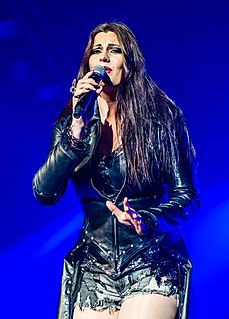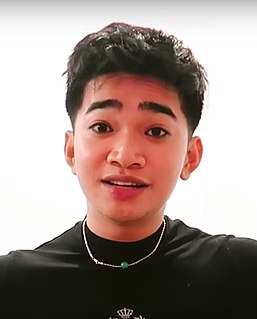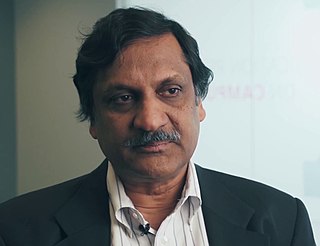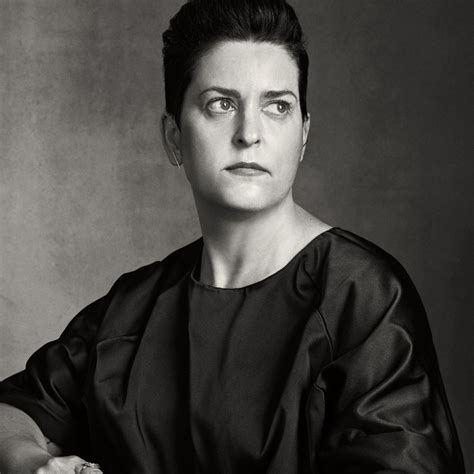A Quote by Feist
I once looked over the shoulder of a friend on Facebook and it looked like hieroglyphs to me. There's merit online, of course, but social media gets super freaky. Imagine if three generations from now, people online have forgotten what date or day of the week it is.
Related Quotes
In 1951 I took my first art course. And one day I looked over my shoulder and there was this tall gentleman standing, very well-dressed and groomed, and he asked, "What is your name? I don't know you. What is your major?" I said history. And he looked at my drawing and looked at me and said, "You don't belong over there; you belong here." He was James A. Porter.
I truly believe that what we're seeing with online dating is very similar to what happened with the Myspace-Facebook era, where Myspace was once this place for online connecting for a very select group of young people. And then Facebook kind of hit at this moment where it was acceptable for everybody to do it.
When I first started with social media, there were a couple of us that were men in makeup. I didn't have anyone that I looked up to at a young age. Now, it's so accessible. You just go online and see all these amazing men in makeup. We share the same passion, but we all have different goals and we come from different places.
More platform-sensitive generations will make distinctions between online and in-person intimacy, whereas fourteen-year-olds have very nuanced online selves and might embody their virtual identity in the physical, analogue version of themselves. They have a much more pluralistic understanding of the self. I don't think we'd be here now in this amazing sexual and gender revolution without the online space where young people can see and share other versions of identity and sexuality.




































